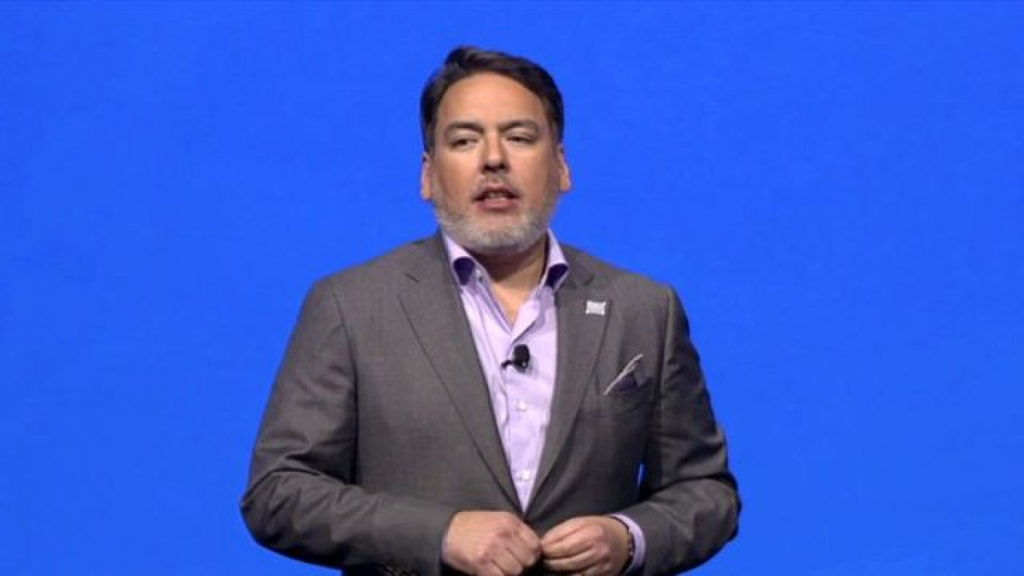- Joined
- May 28, 2019
- Messages
- 10,238
- Reaction score
- 7,167
Image: Sony Interactive Entertainment
Former PlayStation executive Shawn Layden has had some interesting things to say about the industry recently. He sat down with Venture Beat’s Dean Takashi and shared thoughts about the current state of AAA game development.
With more than three decades at Sony Interactive Entertainment, Layden has definitely been around long enough to have some insights into the business. At one point, he oversaw nearly three thousand game developers and saw game budgets rise to over $150 million, giving perspective into the ever-growing costs of AAA games. His most recent project has been the newly released The Last of Us Part...
[url=https://www.thefpsreview.com/2020/06/24/ex-playstation-exec-claims-lengthy-aaa-game-development-is-unsustainable/]Continue reading...
